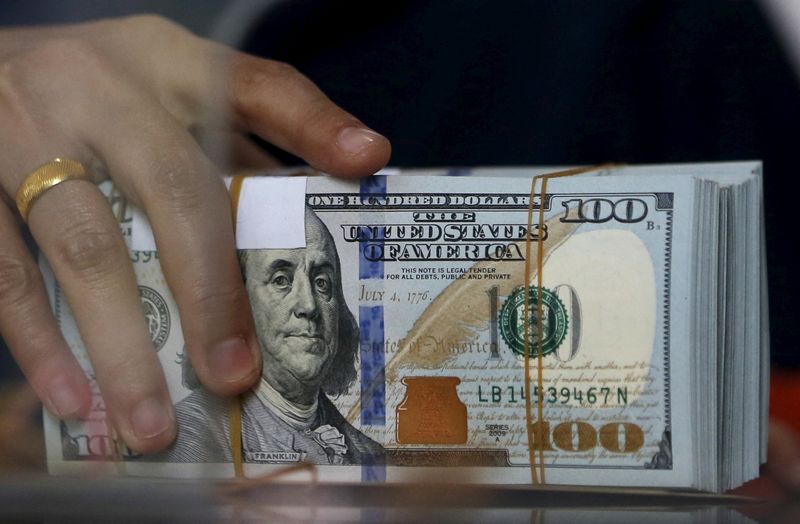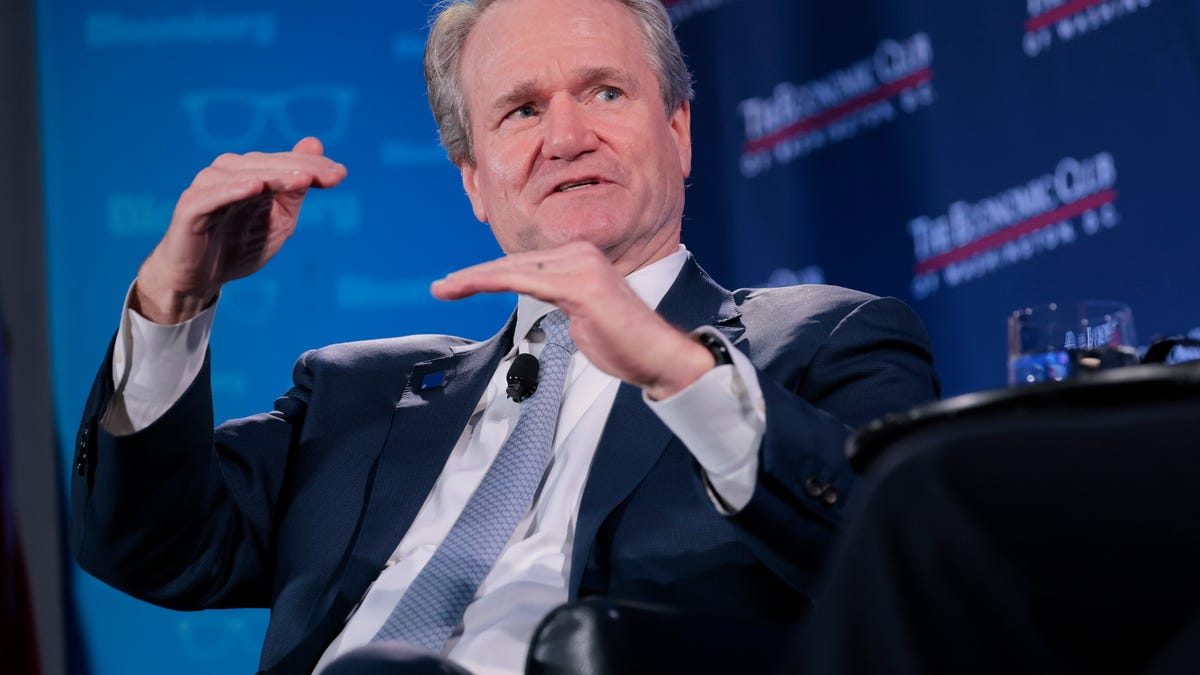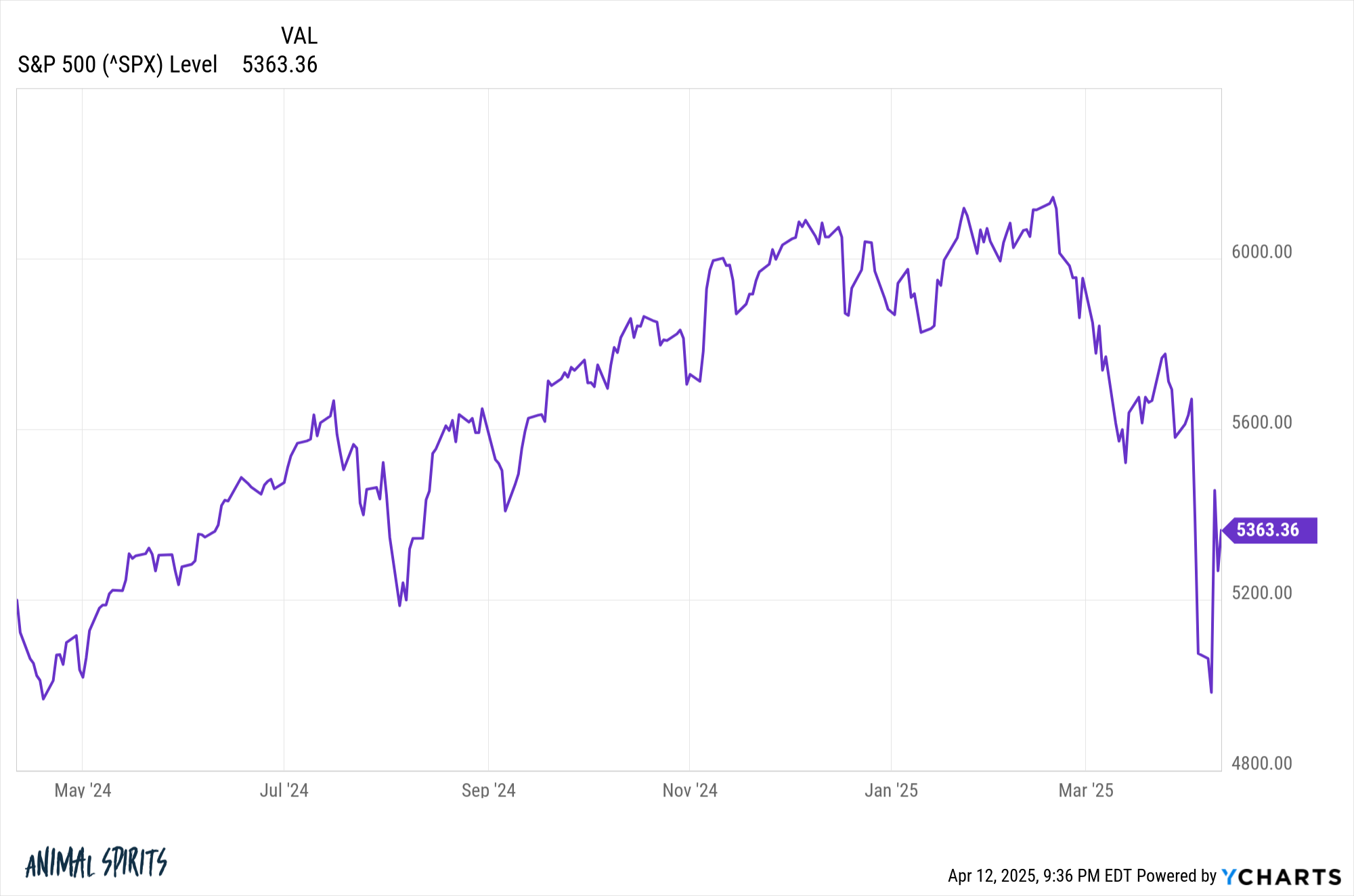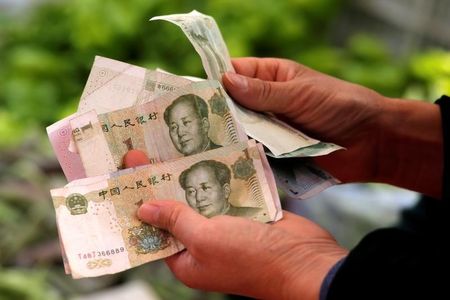The Biggest Risks to Vanguard VNQ 4% Yield
When it comes to Vanguard ETFs, investors shouldn’t fret too much about the safety of the yield, given that many names that hold up the high-quality ETFs have distributions that are on some pretty solid footing. Indeed, whether we’re talking about robust balance sheets or steady, resilient cash flows, the REITs held within your average […] The post The Biggest Risks to Vanguard VNQ 4% Yield appeared first on 24/7 Wall St..
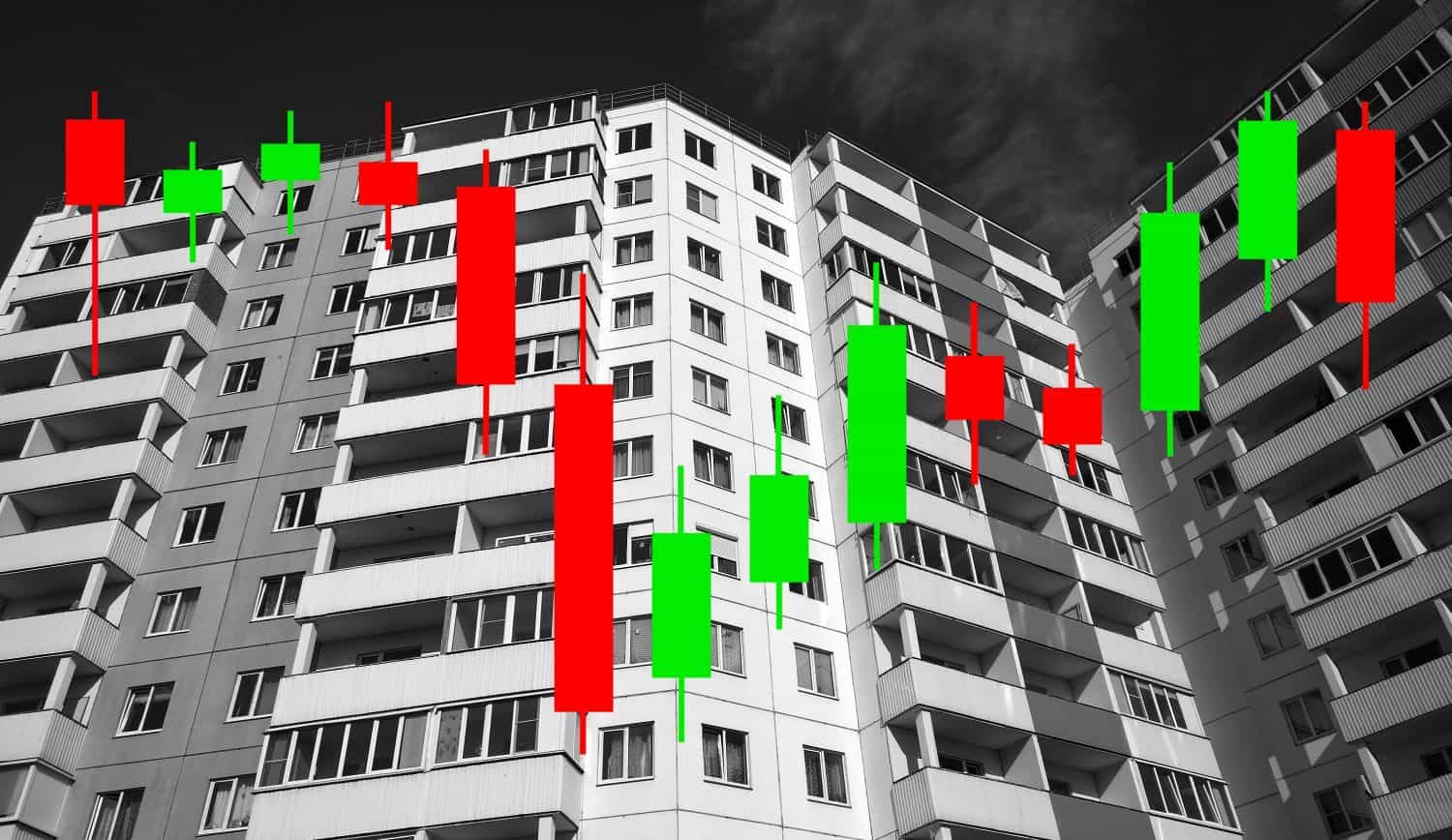
When it comes to Vanguard ETFs, investors shouldn’t fret too much about the safety of the yield, given that many names that hold up the high-quality ETFs have distributions that are on some pretty solid footing. Indeed, whether we’re talking about robust balance sheets or steady, resilient cash flows, the REITs held within your average Vanguard fund are incredibly reliable, in my view. You’re not going to find a thematic ETF that’s going out of its way to chase yield while putting investors in harm’s way.
Of course, jittery retirees who live on a passive income have the right to show some concern whenever there’s an elevated yield that seems “too good to be true.” Oftentimes, if you ask yourself such a question, the answer is yes. And the price you pay is added risk, whether or not you’re aware of it at the time you’re looking to hit that buy button. In any case, when it comes to the Vanguard Real Estate Index Fund ETF (NYSEARCA:VNQ), which boasts a respectable (and not too absurd) yield of 4.0%, you’re getting a yield that’s pretty just a few basis points (bps) shy of the 10-year U.S. Treasury note.
Indeed, we’ve witnessed the 10-year note fall under a good amount of pressure in recent weeks, thanks to growing uncertainty with Trump’s tariffs. In any case, the VNQ’s 4% yield looks more than safe, in my humble opinion. But what if Trump tariffs take a turn for the worst and real estate investment trusts (REITs) across the U.S. run into chaos?
Key Points
-
The VNQ has a strong 4% yield. But if the economy gets hit hard, some holdings could feel their distributions fall under pressure.
-
Are you ahead, or behind on retirement? SmartAsset’s free tool can match you with a financial advisor in minutes to help you answer that today. Each advisor has been carefully vetted, and must act in your best interests. Don’t waste another minute; get started by clicking here here.(Sponsor)
Investors can sleep comfortably at night collecting VNQ’s distribution. But what if tariffs cause a recession or depression?
Of course, an economic recession, or worse, a depression could put even the most fundamentally sound REIT or business against the wall. And while there’s a very low probability of a depression (and a 40-60% chance of a recession, depending on which big bank predicts you’re going by), it can be a wise idea to think about those bear-case scenarios that can unfold.
For a retiree, such a depression may be enough to crush a nest egg and send retirees back to work at a time when it may be increasingly difficult to find meaningful employment. It’s not just about the tariffs’ impact on employment either. If AI is a tool to automate, rather than augment (I think AI is a profoundly powerful tool for both), the employment situation seems like a giant question mark right now.
A recession (or depression) could pressure the yield of REITs
There are some pretty fantastic REITs underneath the hood of the VNQ. However, if tariffs do cause a recession, I expect some of the constituents could fall under enough pressure to consider slashing their payouts. Indeed, it’s not hard to imagine that some retail REITs could witness increased vacancy rates as some less-liquid retailers become less able to make a month’s rent.
Additionally, office REITs, which fortunately comprise a very small (3.1%) chunk of the VNQ, could stay under pressure for the long haul as firms lighten their workforces or opt for a remote workforce for added savings. Of course, just about any REIT sub-sector could fall under pressure if the economy nosedives. While it’s tough to gauge how the VNQ’s distribution would be affected in a depression scenario, a modest reduction in the VNQ’s distribution, I believe, would probably be the least of one’s concerns. Sometimes, it’s hard to avoid the heavy blow of the high-impact, low-probability events, like a depression. And they tend not to be worth betting on, given the high opportunity costs of being wrong (ie: being left behind as no recession happens as a result of Trump tariffs).
The bottom line
While I view the VNQ’s yield as safe and sound, it’s only as safe as the sum of the distributions of its constituents. Of course, some REITs will be more vulnerable than others to an economic downturn (retail REITs would take a heavier blow than healthcare REITs, for example). With a very well-diversified mix of REITs, the most devastating of risks seems to be well-managed.
In any case, the state of the economy is the biggest risk to REIT distributions as a whole. Interest rate sensitivity and higher labor costs represent risks that could weigh on distribution growth, but seem less likely to move the needle on VNQ’s yield.
The post The Biggest Risks to Vanguard VNQ 4% Yield appeared first on 24/7 Wall St..






